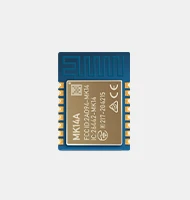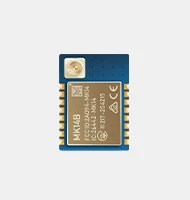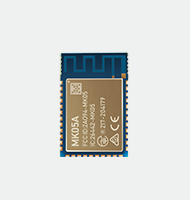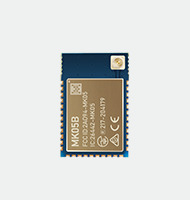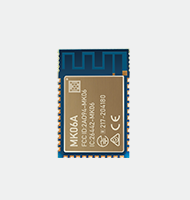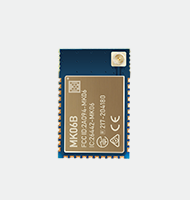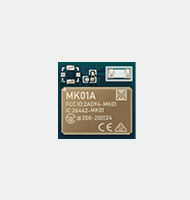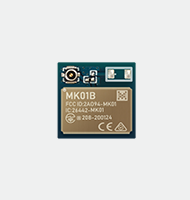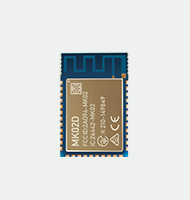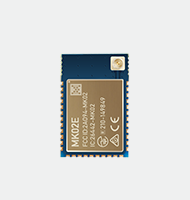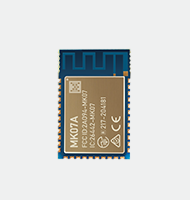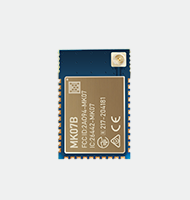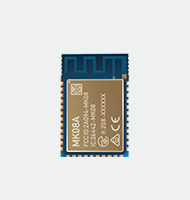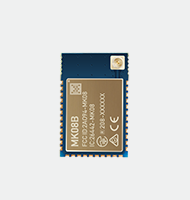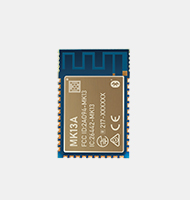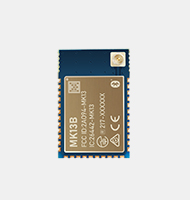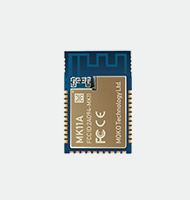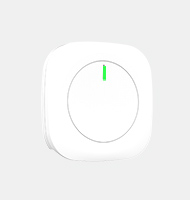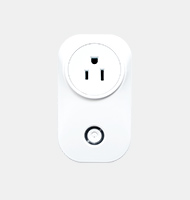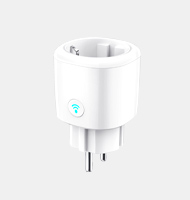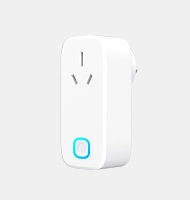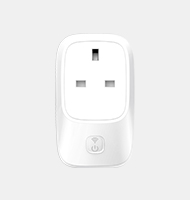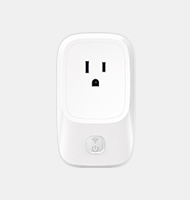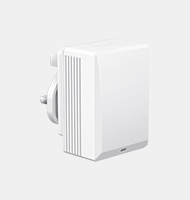Application of Beacon Smart
Parking Solution
In recent years, most cities are densely populated with more vehicles than ever before. For this reason, using advanced technology is vital to assist in planning. The commencement of beacon smart parking technology contributes significantly to cities’ optimization. This technology is also applicable in the following sectors:
Schools
Enterprises
Municipality
Events Lots
Private and Public
Parking Facilities
Parking Facilities
Schools

With beacons on campuses, students and staff can find their way to the parking area,locate vacant spots quickly and detect underused parking areas.
Enterprises

Beacons for smart parking solutions help employees and customers locate available parking areas immediately by sending pop-ups on their smart phones when they get to the business premises.
Municipality

Deploying beacons in strategic places of the municipality can help optimize traffic in towns and city centers. They also help in detecting any unauthorized parking and enhance mobile payments for the parking fee.
Events Lots

With beacon smart parking solutions, the management can effortlessly recognize VIP guests and direct them to their parking area. The guests can also quickly locate a vacant parking spot once they get to the event’s parking lot.
Private and Public
Parking Facilities
Parking Facilities

With the introduction of beacon smart parking, managing these facilities is easy. The patrons can quickly spot a free parking space and utilize more of it to generate more revenue.
Real Estates
Permit Management
Parking Guidance
EV Charging Management
Drive Through Lanes
Monitoring
Monitoring
Real Estates

Most of today’s clients want to invest in a building with a parking space that is easy to manage and remains relevant for a few years to come. The use of beacon smart parking solutions in the building’s parking lot can help meet these requirements.
Permit Management

With beacons for smart parking solutions, the municipal council can quickly produce the permit and a bill electronically using the server’s parking records.
Parking Guidance

Installation of beacons in parking areas helps guide motorists on where and how to park to avoid any inconvenience in the lots.
EV Charging Management

Beacons for smart parking in EV charging stations can help determine whether the parked car is charging or the driver is taking advantage of the bay.
Drive Through Lanes
Monitoring
Monitoring

Using beacons in a drive through-lane helps monitor Vehicles’ movement and parking to avoid inconveniences for other customers.
How Does The Beacon Smart Parking Solution Work?
This technology works when there are beacon receivers in cities, universities, and enterprises’ parking areas. When drivers with beacon apps installed on their Smartphones or vehicles with beacon transmitters get near these parking lots, the nearest beacons locate the mobile devices and vehicles using BLE.
These devices will then broadcast signals to the cloud server. The data transmitted will contain the users’ ID numbers and the vehicles’ plate numbers. The beacons will decode the information and detect available parking spaces and identify the vehicles. They’ll then transmit their response to the users.
The drivers will then receive notifications with specific messages. They will then locate vacant or underused parking lots by clicking on the notification messages. In case of unauthorized parking, the municipal councils or management will receive pop-ups about this illegal parking.
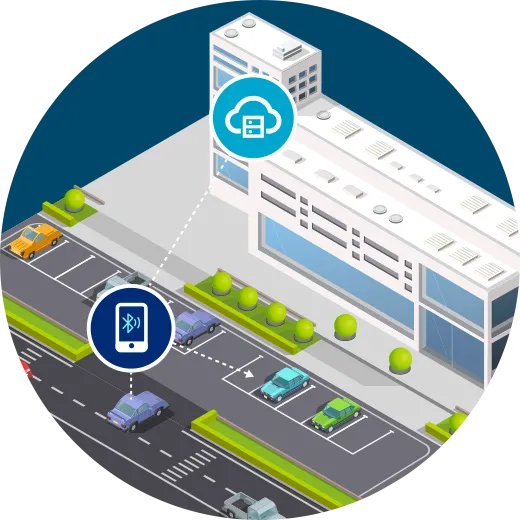
Parking Management System Architecture
The architecture of parking management system has four primary responsibilities, as explained below:

The Beacon Transmitter
Having a registered beacon transmitter is vital before a motorist is allowed to use a smart parking service. To get this transmitter, the driver should register his/her vehicle. It’s then fastened to the side-mirror of your car, where it broadcasts beacon packets from time to time.
The beacon readers then detect and decode the transmitted data. These readers then identify the vehicle that sent the beacon packet by checking the Bluetooth MAC address as it is fixed for every vehicle.
The Beacon Reader
For beacon readers to function as expected in smart parking, you should install them in every corner of a parking spot along the curb. They keep scanning for beacon packets from time to time with a particular UUID from a beacon transmitter.
For the process to continue, The UUID should match. Then the reader uses the Kalman filter to work on the beacon’s RSSI and estimate the distance. It then distributes the following information to the gateway;
- The identified MAC address
- The approximated distance
- The detection time
The Gateway
Once the beacon reader provides the gateway with the necessary information about the parking spaces, it establishes those spots’ occupancy state. The gateway then determines the vehicle’s parking space by comparing each transmitter’s distance as measured by every beacon reader. Finally, the gateway transmits its findings to the parking server.
The Parking Server
The parking server’s function is to store the information about each parking space’s occupancy state and every parked vehicle’s identity. Once the management logs on to the parking server system, they can see all the real-time parking records. They can then produce the parking bills for all motorists electronically.
Advantages
Motorists can effortlessly find their way to available parking spaces in towns, enterprises, and universities.
Reduces traffic jams in cities and crowded streets as drivers don’t park their vehicles anywhere like before.
This technology helps in increasing revenue as motorists utilize more parking areas.
It helps in time management. This leads to more productivity, especially in enterprises where employees no longer waste time locating vacant parking areas.
It makes the parking management system efficient.
FEATURES

Our beacons have sensors that help detect any available parking spot.

They have scanning capabilities. Therefore, they can scan beacons from vehicles.

Their beacon sensors are Bluetooth-enabled. This enables them to configure and update software that identifies the driver and the vehicle through the mobile app.

Our beacons use secure driver technology that enables various parking control applications.
How’s its Future and Impact?
It’s a fact that not all cities, campuses, and enterprises are fully utilizing beacons for smart parking. Nevertheless, an increase in vehicles and people will make cities worldwide embrace the beacon smart parking technology for optimization. This will lead to the following impacts;

Development of Smart Cities
As urbanization continues to develop, the demand for beacon smart parking will be high in the future. Embracing this technology will lead to a smart city in the following ways;
- The parking lots in towns will be more utilized.
- There will be smooth movement of people in streets and around the city.
- There will be reduced traffic jams in towns.
- Revenue will increase due to the utilization of more parking spaces. This means more development money in cities.
Development of Smart Infrastructure
The use of beacon smart parking will help generate more revenue for the municipality, universities, and enterprises. Due to parking areas’ efficiency, more motorists in towns and campuses will effectively use the parking lots. This will help increase the parking revenue, which will help in developing smart infrastructure.


Will Promote City and Campus Life
The utilization of beacon smart parking will help improve life, especially in densely populated areas. There will be no chance to park vehicles on streets, roadsides, and everywhere around the cities and campuses.Beacons will guide drivers to vacant parking lots, hence better utilization of these parking areas. This will help reduce traffic jams and accidents. For these reasons, there’ll be smooth movement of people around the cities and universities.
Our Beacons That Are Suitable For Smart Parking
The following beacons have additional sensors, support BLE 5, have scanning capabilities, operate at extreme temperatures, and are waterproof. These features make them suitable for smart parking. They include;
What We Offer For Smart Parking

Smart parking spot sensors

Online platform with data analytics

BLE beacons for vehicle identification

Citizen mobile navigation application

API Integration mobile App

Guaranteed positive results
